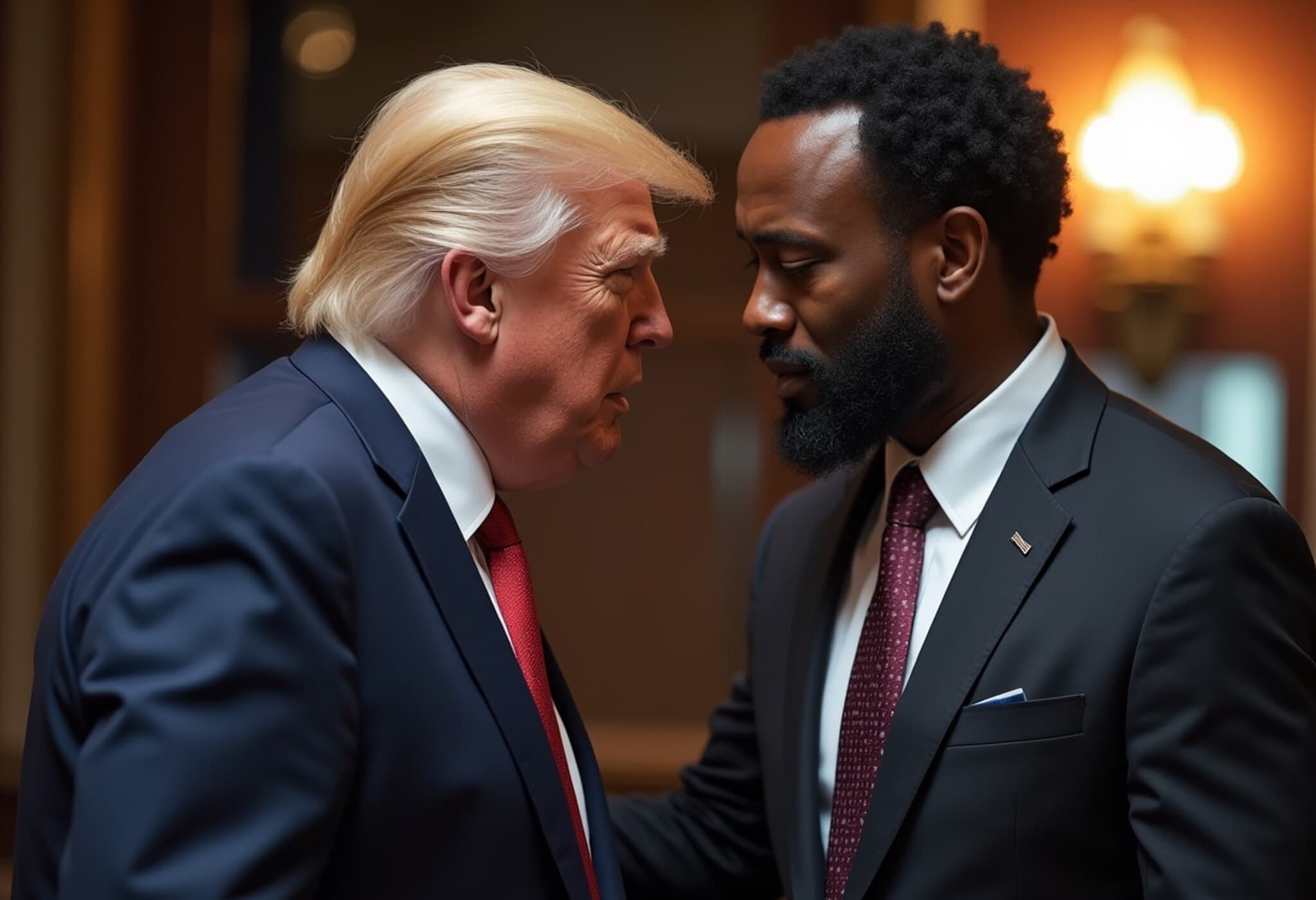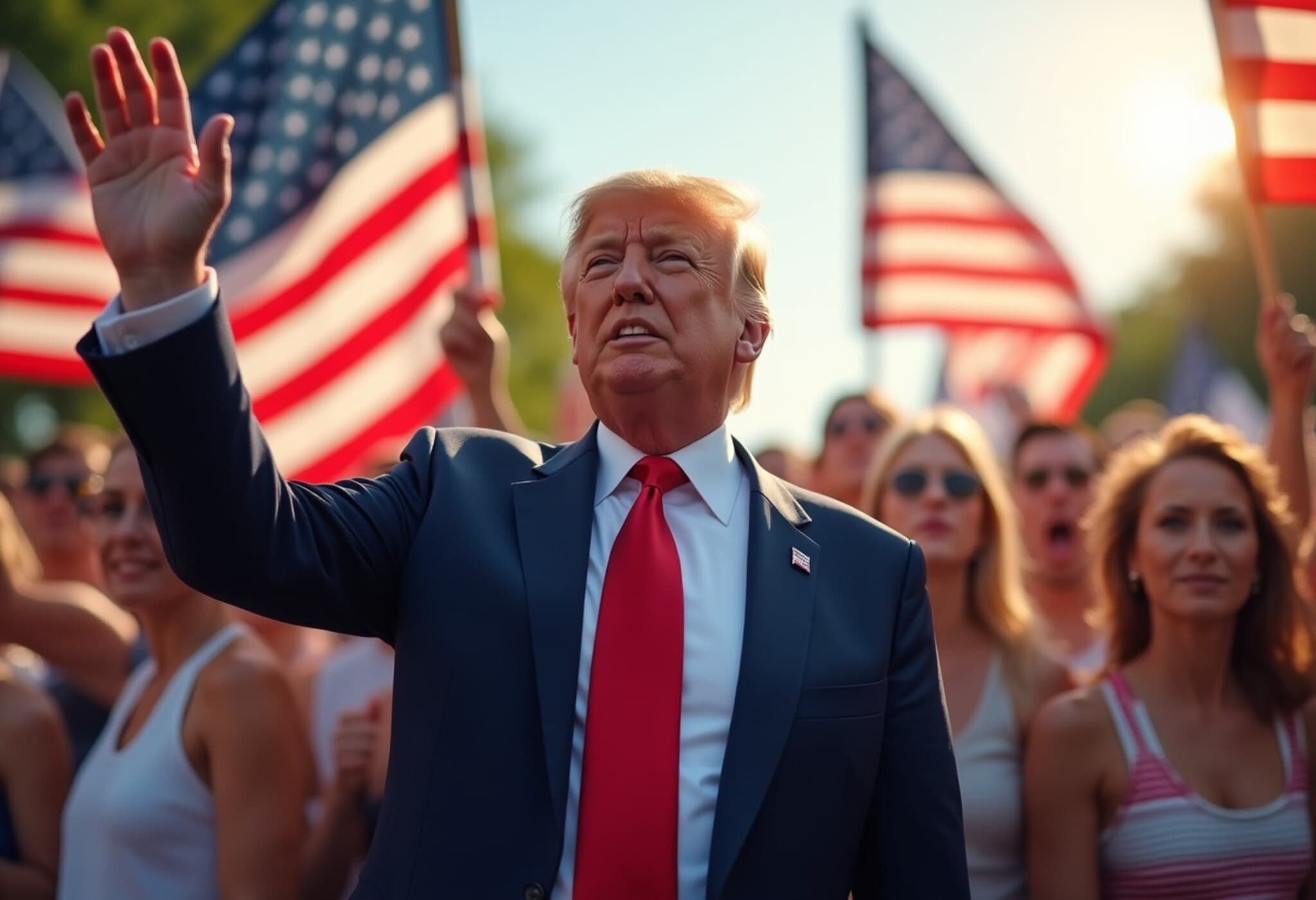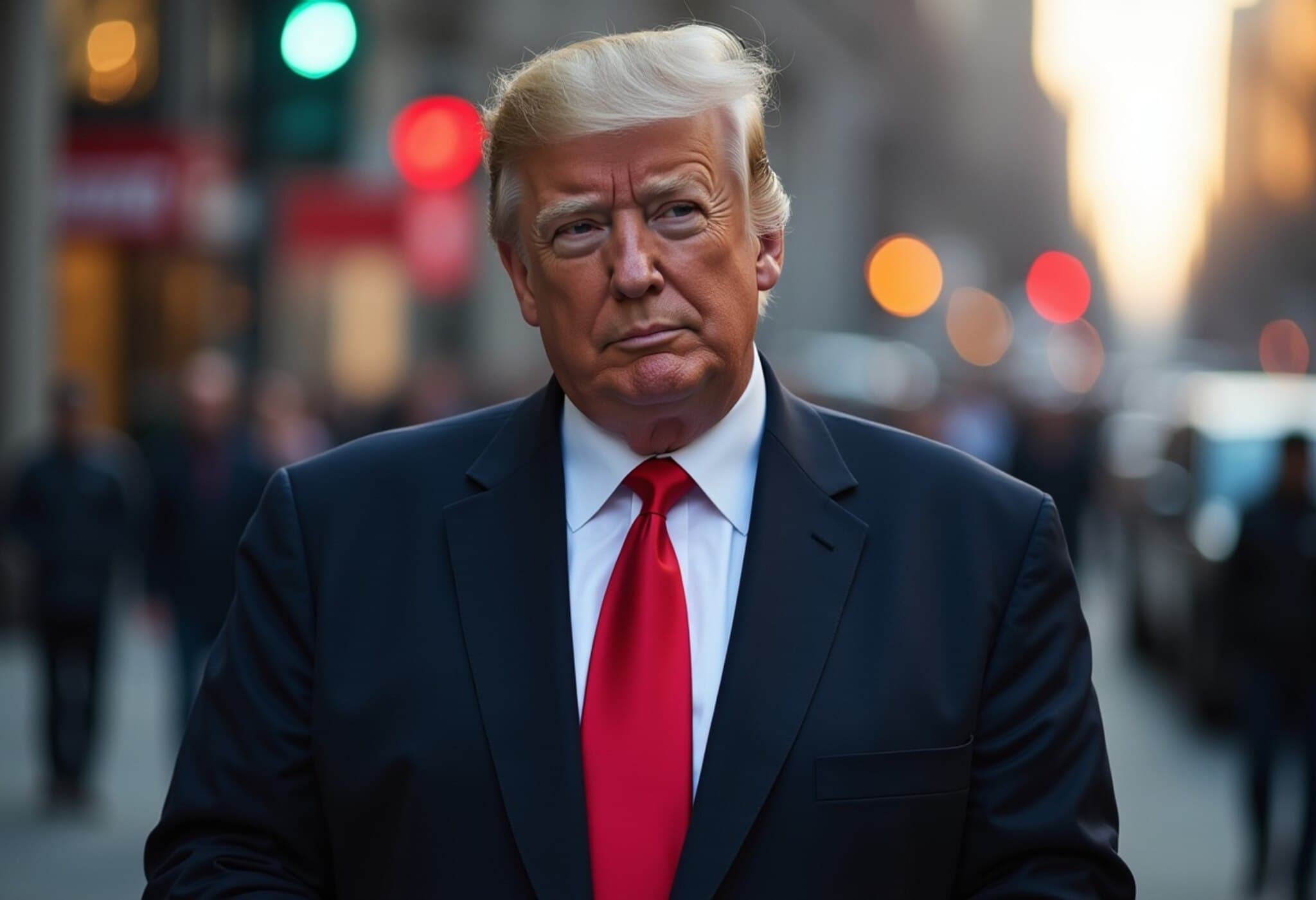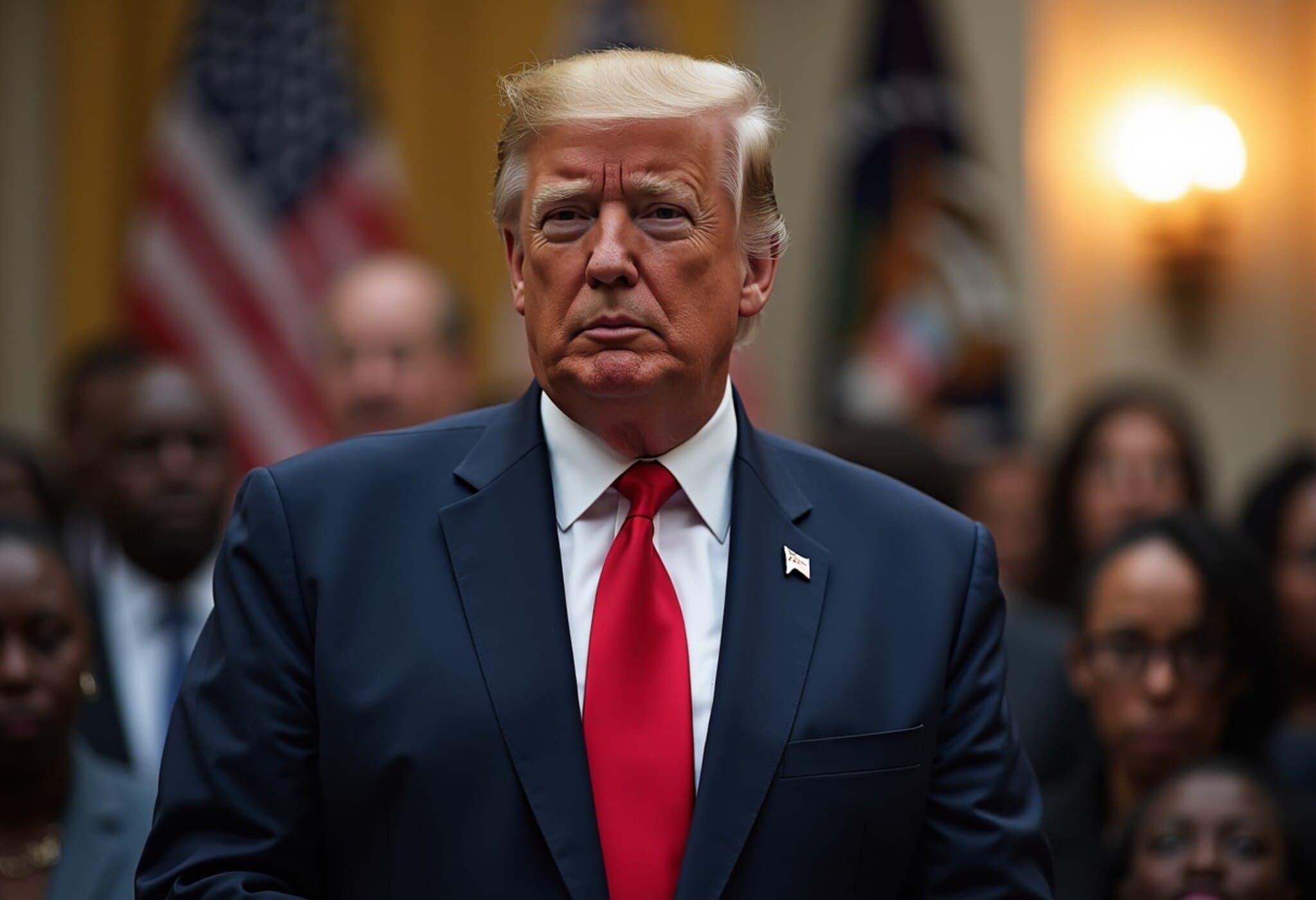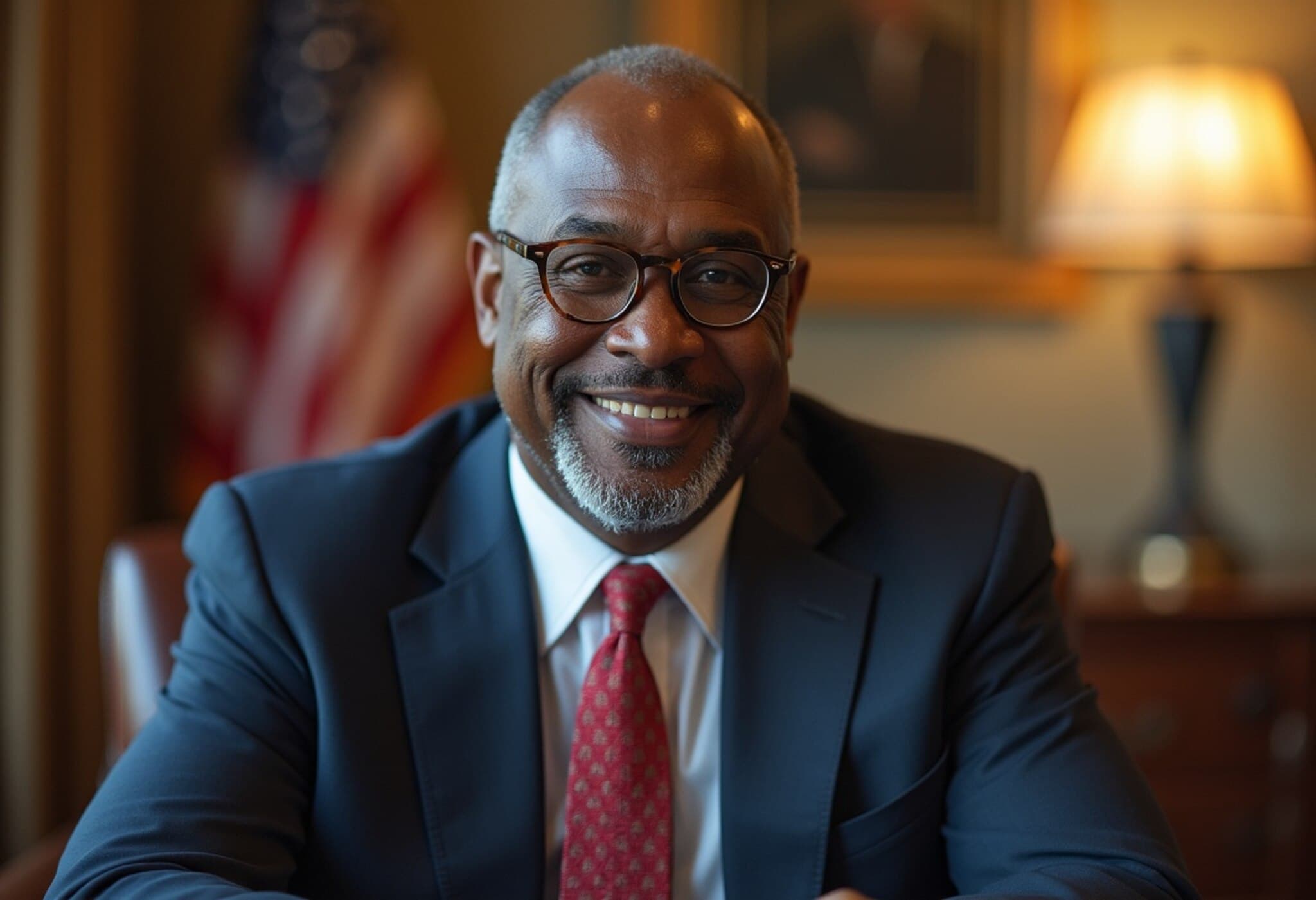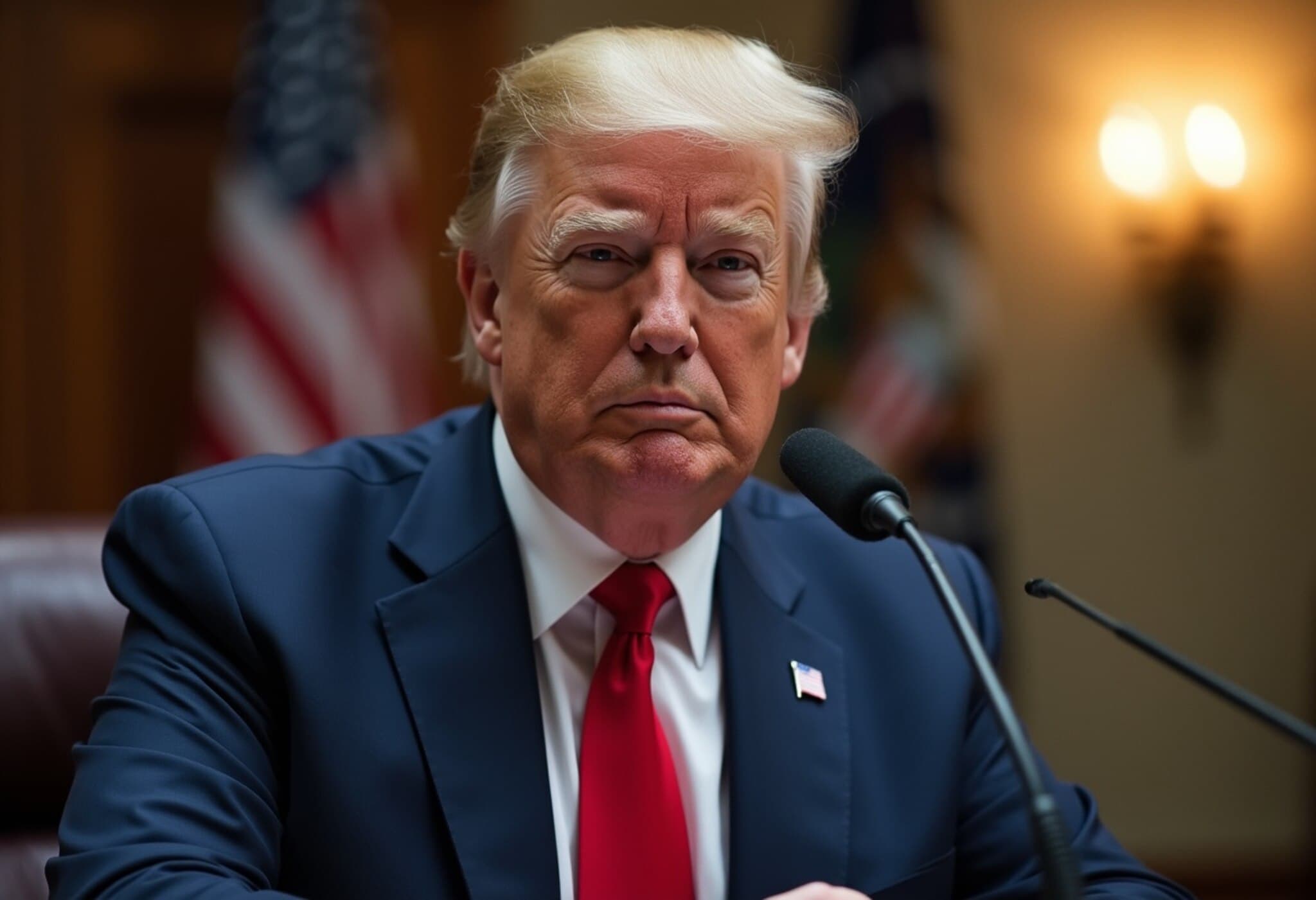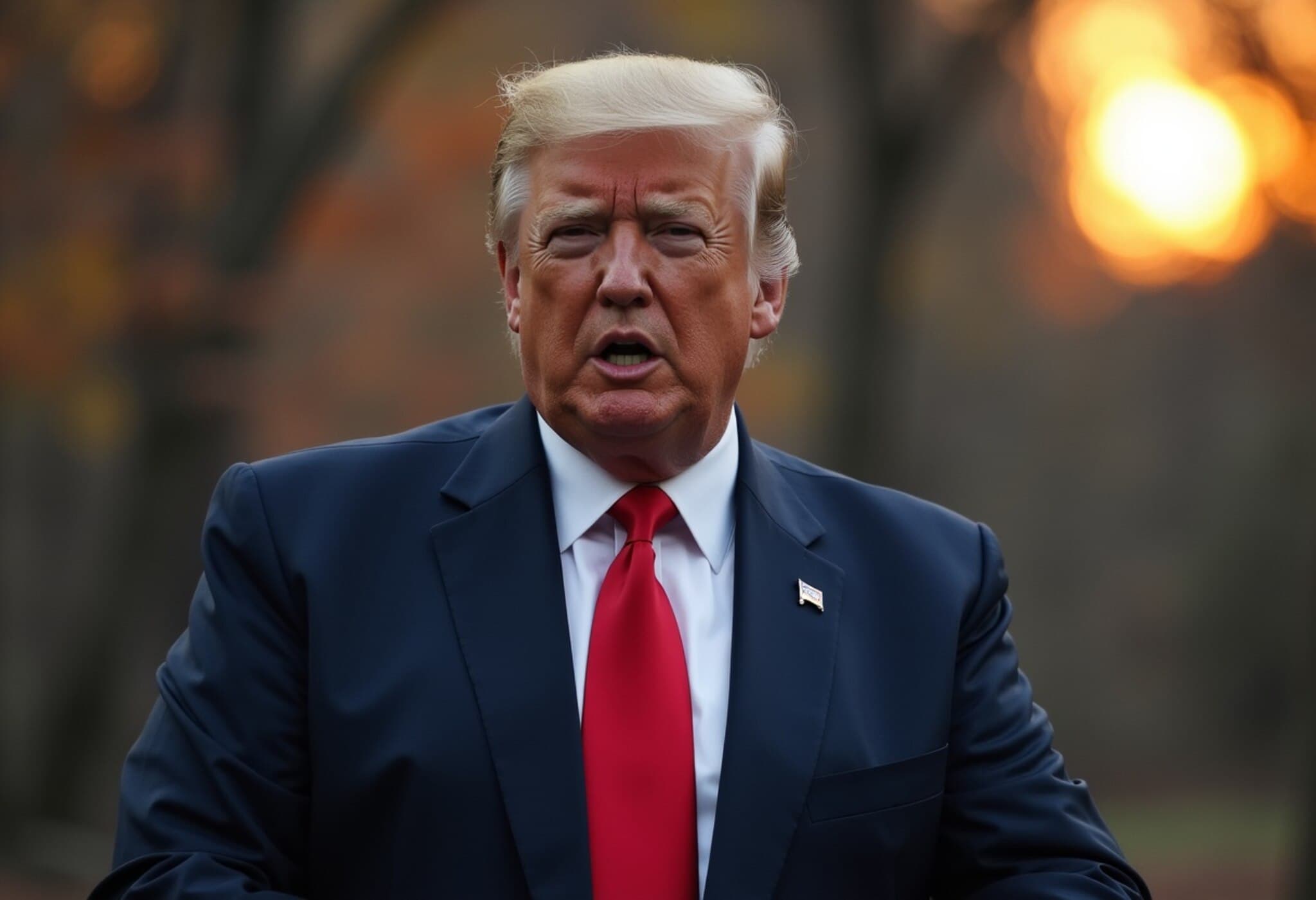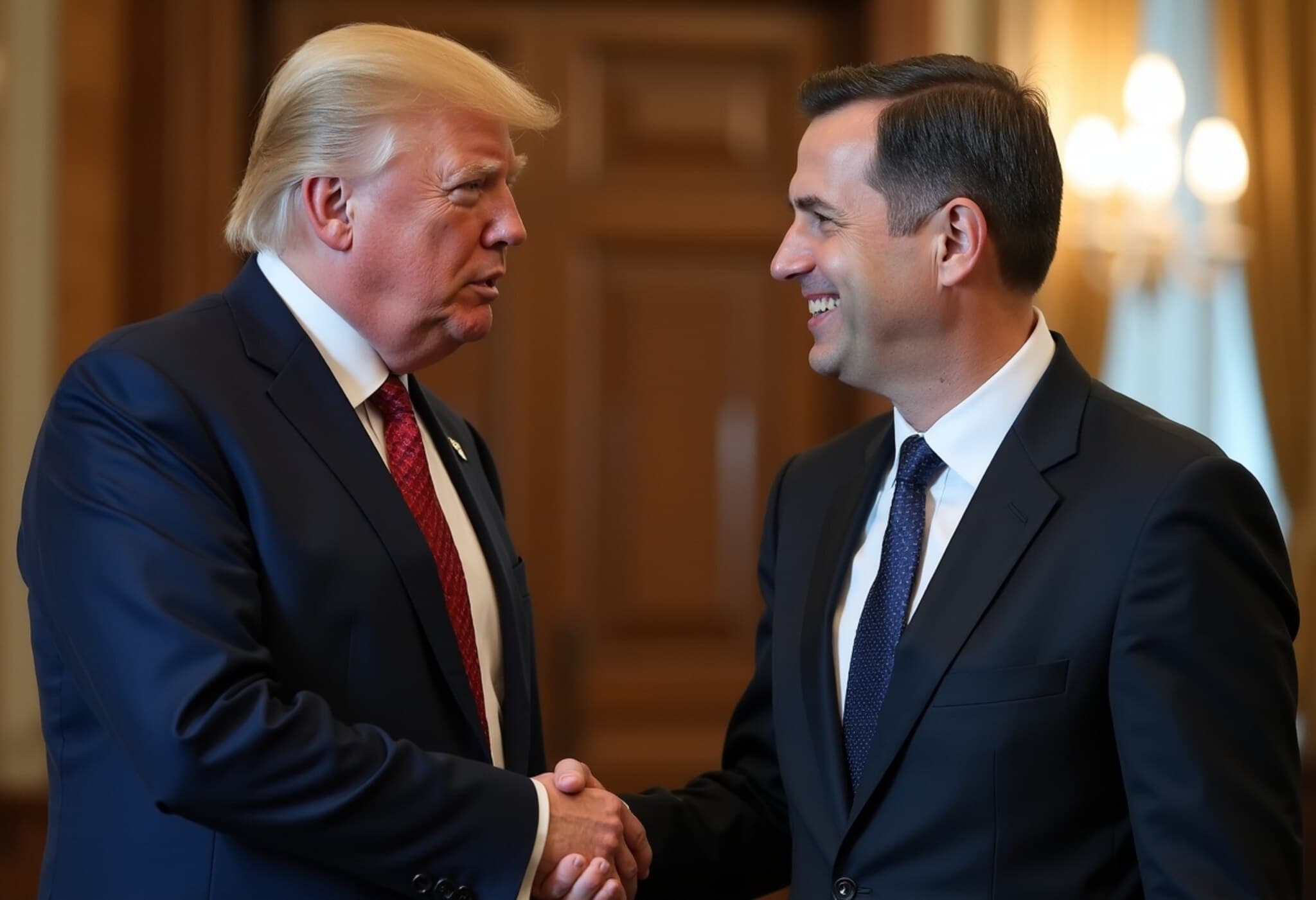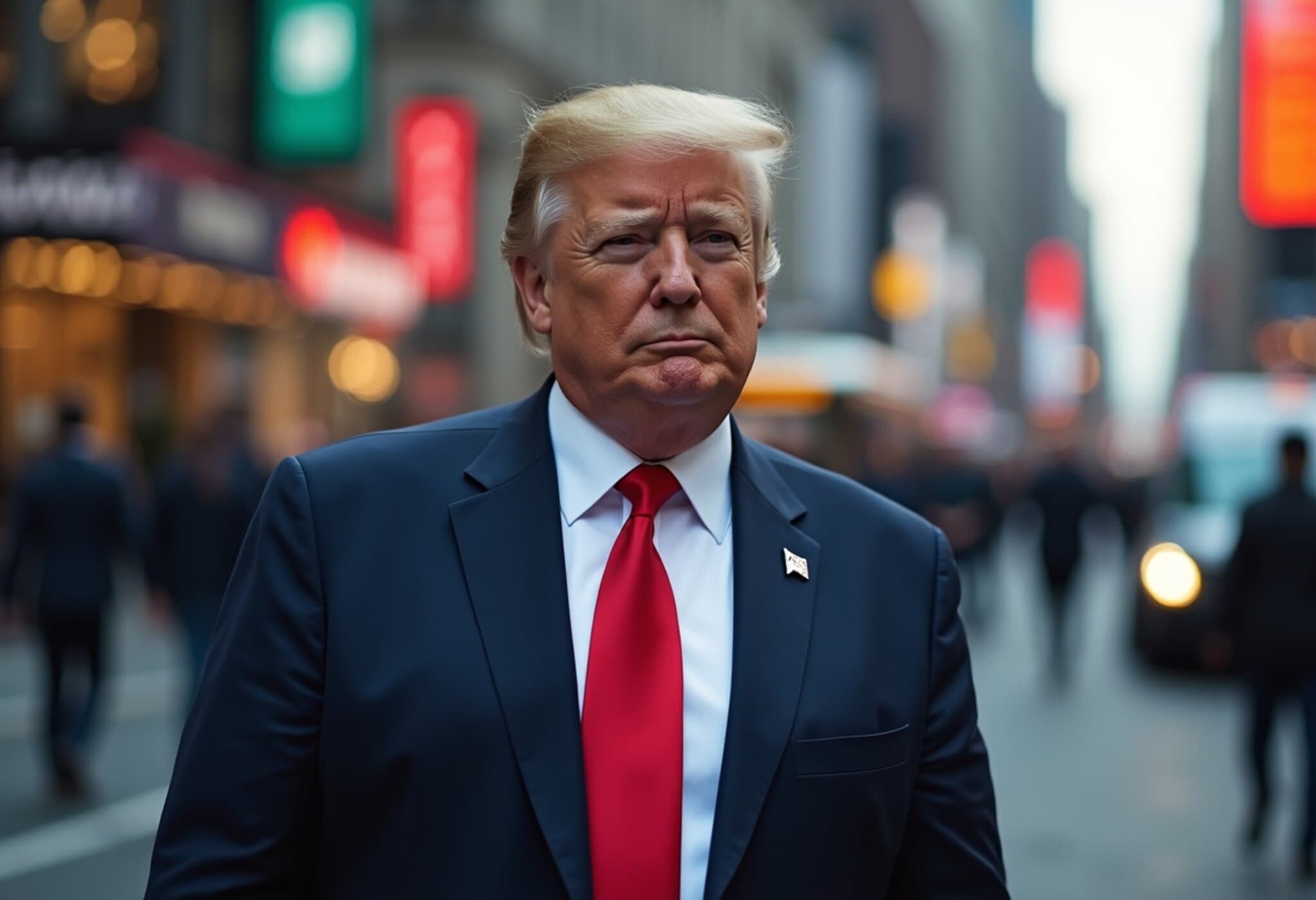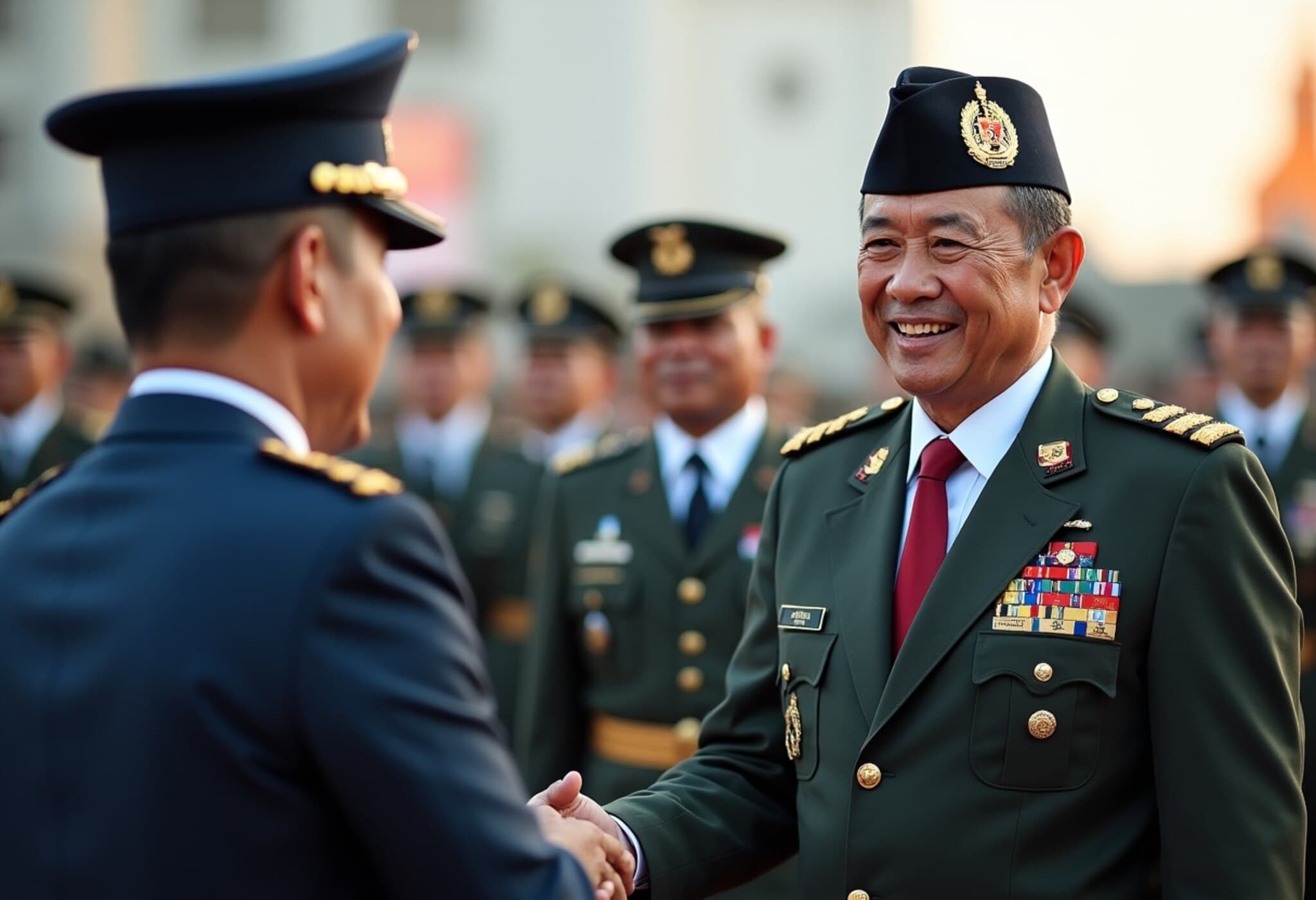Trump-Clash: Radio Host Charlamagne Tha God Fires Back in Heated Exchange
In a striking episode of political commentary and media confrontation, former US President Donald Trump took to his Truth Social platform on Sunday to lash out at popular radio personality Charlamagne Tha God. The disparaging remarks came in response to Charlamagne’s candid critique of Trump’s presidency during a televised interview on a Fox News program hosted by Trump’s daughter-in-law.
Charlamagne Tha God’s Unfiltered Assessment
Lenard McKelvey, known professionally as Charlamagne Tha God, did not hold back when asked to rate Trump’s tenure in office. He stated, “I wouldn’t give it a good rating simply because the least of us are still being impacted the worst.” This reflection highlights ongoing concerns over socio-economic inequalities that critics argue persisted or worsened under Trump’s administration.
While acknowledging that he personally benefited from tax cuts implemented during Trump’s time in office, Charlamagne sharply condemned policies that resulted in reduced Medicaid access and financial hardship for vulnerable populations. He emphasized the need for a comprehensive political reset, remarking that despite Trump being a “once-in-a-lifetime” figure, America deserves leadership that prioritizes wide-reaching equity.
Political Coup and Epstein Controversy
Charlamagne also underscored internal divisions within the Republican Party, labeling the current shift as a political coup aimed to reclaim the party from the MAGA movement. He suggested the Jeffrey Epstein document controversy could become a lever for traditional conservatives to regain influence without alienating the MAGA base. This comes amid growing frustration among Trump supporters over the Justice Department’s reversal on releasing potential Epstein-related documents, fueling widespread speculation and distrust.
Trump’s Rebuttal on Truth Social
In his response, Trump dismissed Charlamagne as a “low IQ individual” who lacks understanding of substantive issues. He defended his legacy by highlighting achievements such as ending military engagements abroad, securing the southern border, and fostering what he called “the greatest economy.”
Mocking Charlamagne’s stage name, Trump questioned the propriety of someone adopting the moniker “God” and asked rhetorically what uproar would ensue if he used a similar self-title. To further discredit the host, Trump accused him of voting for Joe Biden in the 2020 presidential election and labeled him a “dope.”
Broader Context and Cultural Implications
This clash captures a vivid snapshot of today’s polarized media environment, where celebrity figures often serve as both commentators and provocateurs in political discourse. Charlamagne’s growing platform among younger and more diverse audiences presents a challenge to established political narratives, while Trump’s unapologetic combative style continues to energize his core base.
Moreover, the debate touches on deeper questions about how media personalities navigate between entertainment and serious political critique, and the growing impact of social media in amplifying political conflicts.
Looking Ahead: Alternative Political Visions
Adding a layer of levity amidst the tension, Charlamagne humorously floated a potential unconventional presidential ticket for 2028 featuring comedian Jon Stewart for president with Stephen Colbert as his running mate—an idea that playfully critiques the current state of political leadership and suggests a yearning for fresh voices in American politics.
Editor’s Note
This recent exchange between Donald Trump and Charlamagne Tha God sheds light on ongoing debates about leadership, media responsibility, and political identity in the United States. As discussions around equity, justice, and partisan realignment deepen, observers must ask: How do influential media figures shape public opinion and political trajectories? And what can this mean for the future of constructive dialogue in an era marked by division? Both the criticism and the rebuttal reveal much about the challenges America faces in reconciling its past achievements with its present fractures.

